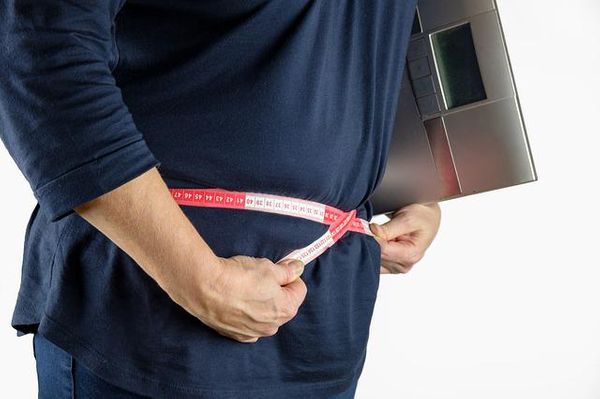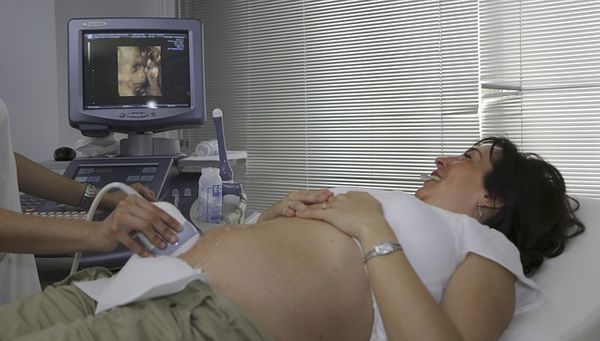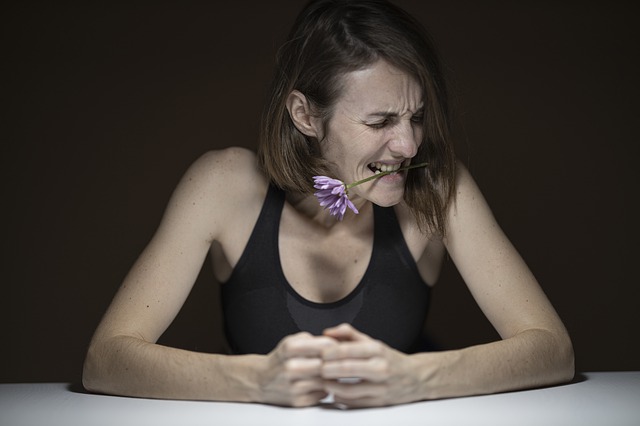PCOS stands for Polycystic Ovarian Syndrome. Most women have no idea what this is unless they have it. PCOS can have a profound impact on your life and health. It also has a lasting impact on your fertility and whether or not you will get pregnant. If you are wondering if you have PCOS – read on and find out more about PCOS symptoms, diagnosis, treatment and much more..
The cause of PCOS in women is not fully understood, but many doctors believe that it’s related to insulin resistance. Symptoms may include excess body hair and acne, as well as infertility or irregular periods. It’s also possible for a woman to have PCOS and not know it because her symptoms are milder than those experienced by other women with the condition.
Women who have PCOS are more likely to develop serious health issues. These include type 2 diabetes, high blood pressure, heart and blood vessel problems, and uterine cancer. Women suffering from PCOS frequently struggle to conceive (fertility). Weight gain, hair growth, and acne are some of the physical symptoms of PCOS that some women experience. Electrolysis and laser hair removal are two cosmetic treatments that may help you feel better about your appearance. Consult your doctor about the best ways to treat the symptoms that are bothering you. Yes, here we will tell you about the symptoms and treatment of PCOS –
Also Read: All about Fibroid: The Symptoms, Diagnosis, Treatment & Home Remedies
PCOS Symptoms

PCOS may cause you to miss your period, have irregular periods, or experience very light periods. PCOS can also lead to an
- overabundance of hair, including the chest, stomach, and back (hirsutism); weight gain around the belly (abdomen);
- acne; oily skin;
- male pattern baldness or thinning hair; infertility;
- small pieces of excess skin on the neck or armpits (skin tags);
- dark or thick skin patches on the back of the neck, in the armpits, and under the breasts.
PCOS in Women: Diagnosis
Your doctor will inquire about your medical history and symptoms. You will also be subjected to a physical examination. This will almost certainly include a pelvic exam. This exam evaluates the condition of your reproductive organs both inside and outside of your body.
Some of the symptoms of PCOS are similar to those of other health issues. As a result, you may be subjected to tests such as:

- Ultrasound. This test creates images of blood vessels, tissues, and organs using sound waves and a computer. This test is used to determine the size of the ovaries and whether they contain cysts. The test can also determine the thickness of the uterine lining (endometrium).
- Blood tests are performed. These are looking for elevated levels of androgens and other hormones. Your blood glucose levels may also be checked by your doctor. Additionally, your cholesterol and triglyceride levels may be checked.
PCOS Treatment
A variety of factors influence PCOS treatment. These could include your age, the severity of your symptoms, and your overall health. The type of treatment you receive may also be determined by your desire to become pregnant in the future.
If you do decide to become pregnant, your treatment may include the following:
- A change in diet and physical activity. A healthy diet and increased physical activity can assist you in losing weight and reducing your symptoms. They can also improve the efficiency with which your body uses insulin, lower blood glucose levels, and possibly help you ovulate.

- Ovulation-inducing medications Medications can assist the ovaries in producing eggs normally. These medications are not without risks. They can increase the likelihood of having multiple children (twins or more). They may also cause ovarian hyperstimulation. This occurs when the ovaries produce an excessive amount of hormones. It can result in symptoms like abdominal bloating and pelvic pain.
If you do not intend to become pregnant, your treatment may include the following:
- Pills for birth control. These aid in the control of menstrual cycles, the reduction of androgen levels, and the reduction of acne.
- Diabetes treatment. This is frequently used to treat insulin resistance in PCOS. It may also help you reduce androgen levels, slow hair growth, and ovulate more frequently.
- A change in diet and physical activity. A healthy diet and increased physical activity can assist you in losing weight and reducing your symptoms. They can also improve the efficiency with which your body uses insulin, lower blood glucose levels, and possibly help you ovulate.
Also Read: What is PCOS? How to Manage it Naturally at Home
Ayurvedic Treatment & Indian Home Remedies for PCOS in Women
Consider incorporating some unique ingredients into your diet. Many of these ingredients are also recommended by Ayurveda for PCOS patients.
- Bitter gourd can be eaten as a vegetable or juiced. This will aid in blood sugar control. Amla, also known as Indian gooseberry, has a similar effect.
- Fenugreek leaves and tulsi or basil will help keep insulin levels stable. PCOS patients have high insulin levels because it remains unused in the body, raising blood sugar levels.
- A tablespoon of honey mixed with lemon and water can help you control your sugar cravings and lose weight.

These food substances can help prevent or delay the onset of PCOS as part of your Ayurvedic PCOS treatment. This is useful if you are genetically predisposed to it.
- Practice yoga and pranayama. Surya Namaskar is an excellent all-around exercise that will aid in the burning of stubborn, excess fat. The best part about yoga is that it can be done in a group setting. This encourages you to keep going. If you don’t have time to attend a class, you can try these yoga exercises at work.

- Be in tune with both nature and yourself. Fresh air will inspire new ideas and provide you with a new perspective on life.
- Sit quietly in meditation. Guided meditations will help you relax and unwind while also releasing your creative juices. It will also help to prevent anxiety and depression.
Natural herbs are used as remedies in Ayurveda. If PCOS is detected early, Ayurvedic treatment in the form of Ayurvedic medicines is available. Doctors would typically prescribe these for one to three months and observe the results. Panchakarma therapy is available for more severe cases. Consult an Ayurvedic doctor before taking any medication.
In the meantime, try an Ayurvedic diet. You can even enroll in an Ayurvedic cooking class to get started on the path to better health and a healthier way of life. PCOS in women can be dealt with if managed properly. (Source and Reference)
For all Health problems in Women and everyday healthcare and nutrition, explore our Health Views Online for Women – Women Care.





